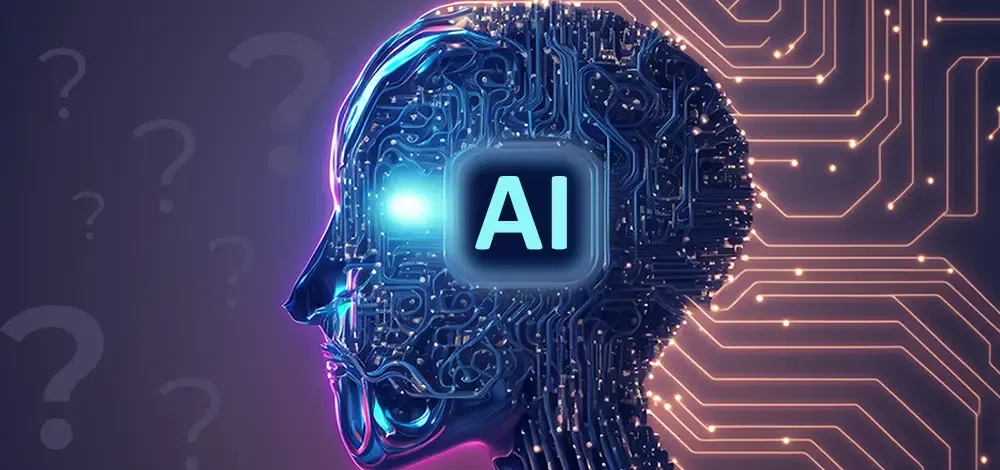
The Rise of Artificial Intelligence:
Transforming the Future

Introduction
Artificial Intelligence (AI) has become one of the most transformative technologies of our time, revolutionizing industries and reshaping the way we live and work. With its ability to mimic human intelligence and perform complex tasks, AI is paving the way for a future that was once only imagined in science fiction.
Understanding Artificial Intelligence
At its core, machines programmed to think and learn, simulate human intelligence in AI. It encompasses various subfields such as machine learning, natural language processing, computer vision, and robotics.Designed to analyze vast amounts of data, recognize patterns, and make informed decisions without human intervention, AI systems operate.
Applications of Artificial Intelligence
The applications of AI are vast and diverse, spanning across industries such as healthcare, finance, transportation, manufacturing, and entertainment. In healthcare, AI-powered systems can assist in diagnosing diseases, analyzing medical images, and developing personalized treatment plans and In finance, AI algorithms can predict market trends, detect fraud, and automate routine tasks. In transportation, AI is driving the development of autonomous vehicles, making transportation safer and more efficient.
The Benefits of Artificial Intelligence
AI offers numerous benefits that have the potential to transform our lives for the better. Increased efficiency and productivity are one of the key advantages. AI-powered systems can perform tasks at a speed and accuracy that surpass human capabilities, leading to improved efficiency in various industries. Moreover, AI can handle repetitive and mundane tasks, freeing up human workers to focus on more creative and strategic endeavors.
Another major benefit of AI is its ability to analyze and interpret vast amounts of data. By extracting insights from big data, AI can help businesses make data-driven decisions, identify trends, and predict customer behavior. This leads to improved customer experiences, targeted marketing strategies, and enhanced business performance.
Challenges and Ethical Considerations
While AI holds great promise, it also presents challenges and ethical considerations that need to be addressed. One concern is the potential impact on jobs. As AI continues to automate tasks, there is a fear of job displacement. However, experts argue that AI will create new job opportunities and transform existing roles rather than completely replacing humans.
Ethical considerations also arise when it comes to AI. Careful address of issues such as privacy, bias, and accountability is necessary. Design AI systems to respect privacy and ensure data security. Additionally, make efforts to eliminate biases in AI algorithms to prevent discriminatory outcomes.
Transparent and accountable AI systems are crucial to building trust and ensuring ethical use of this technology.
The Future of Artificial Intelligence
The future of AI is filled with exciting possibilities. As technology advances, AI will continue to evolve and become more sophisticated. We can expect to see AI playing a greater role in areas such as personalized medicine, smart cities, and virtual assistants. The integration of AI with other emerging technologies like the Internet of Things (IoT) and blockchain will further enhance its capabilities and impact.
However, it is important to approach the future of AI with caution and responsibility. Ongoing research, collaboration, and ethical frameworks are essential to maximize the benefits of AI while mitigating potential risks.
Conclusion
Artificial Intelligence is no longer just a concept confined to science fiction. It is a reality that is transforming our world. With its ability to automate tasks, analyze data, and make intelligent decisions, AI is revolutionizing industries and reshaping the way we live and work. Embracing this technology, we must actively prioritize ethical considerations and ensure responsible use of AI for the betterment of society.The future holds immense potential, and with the right approach, AI can truly transform our future for the better.